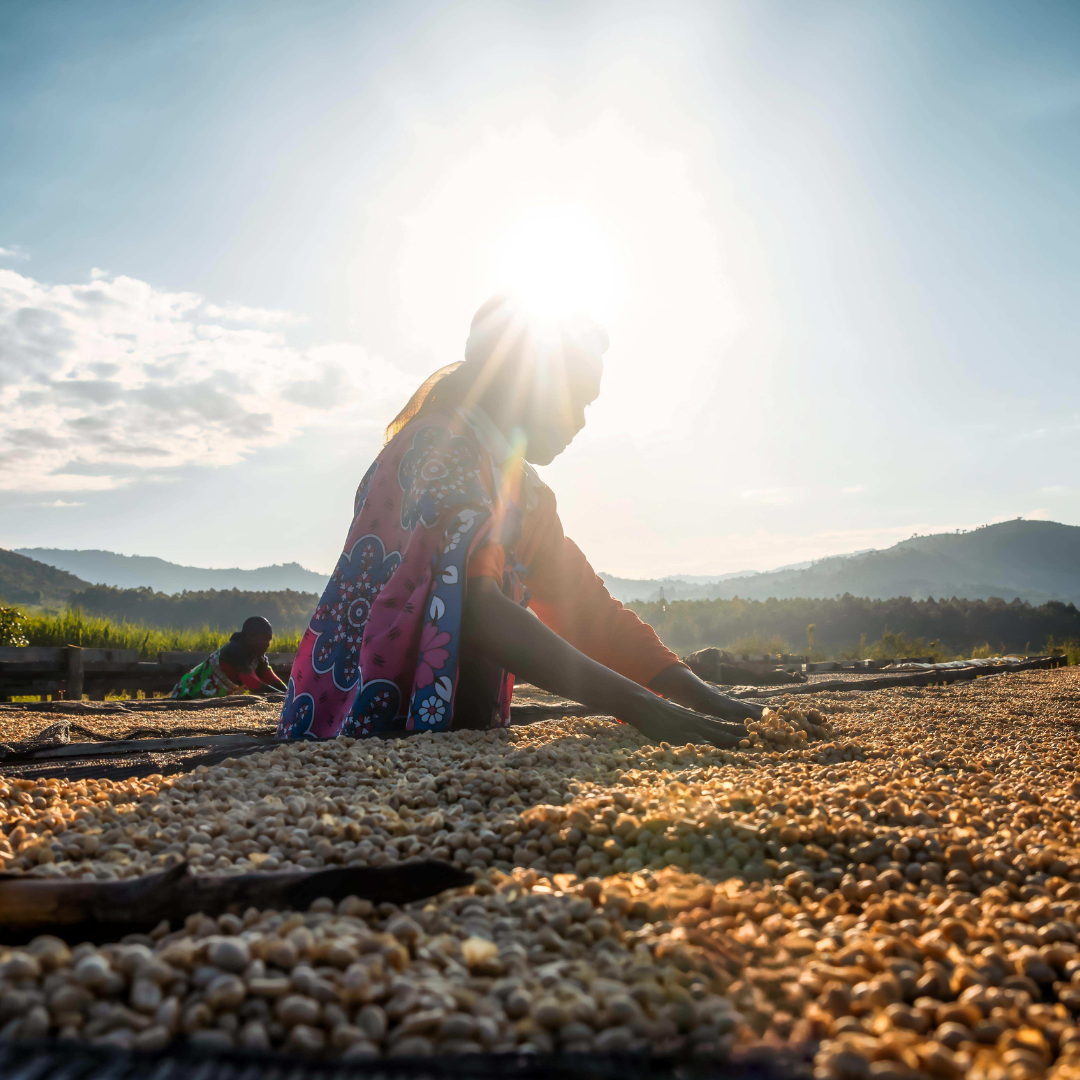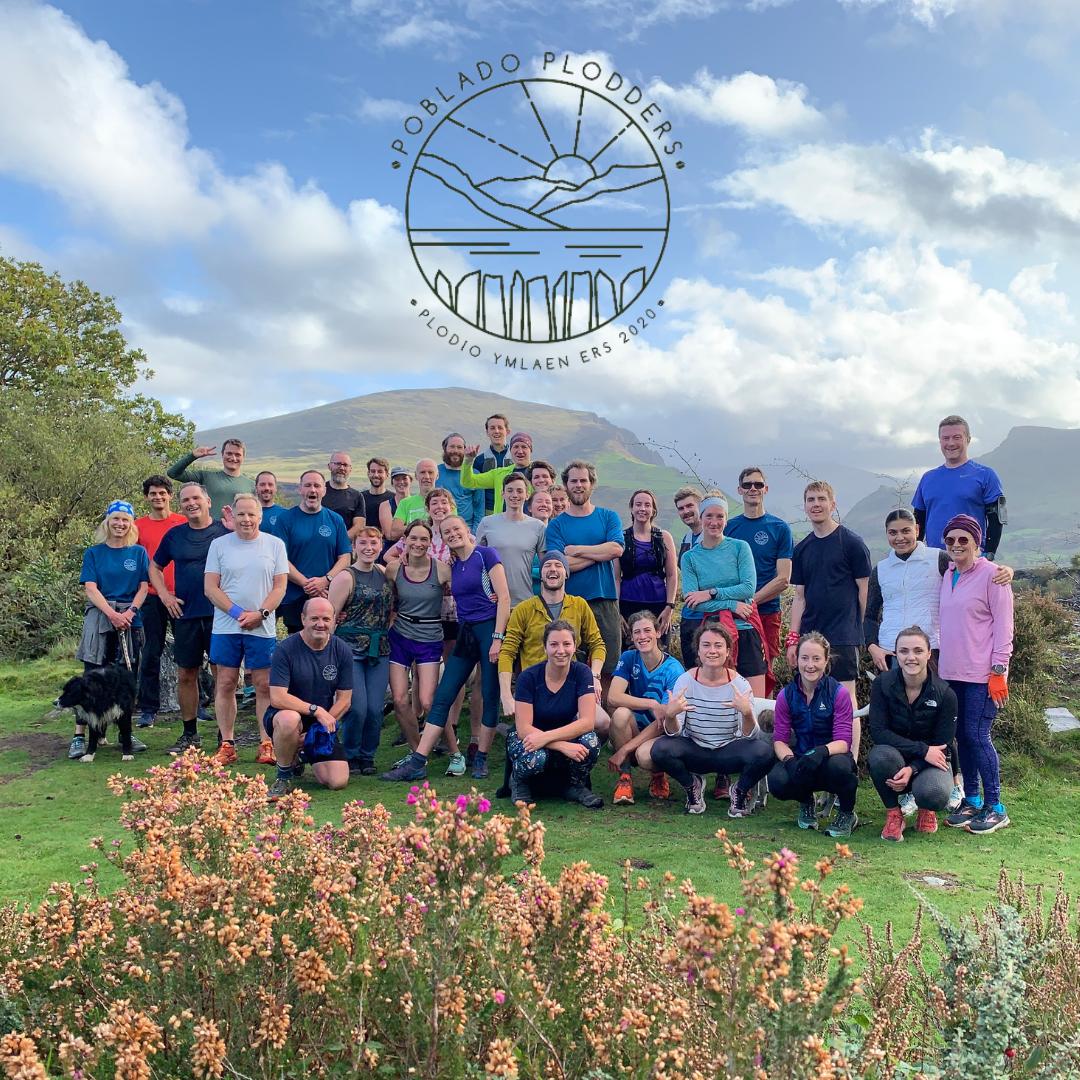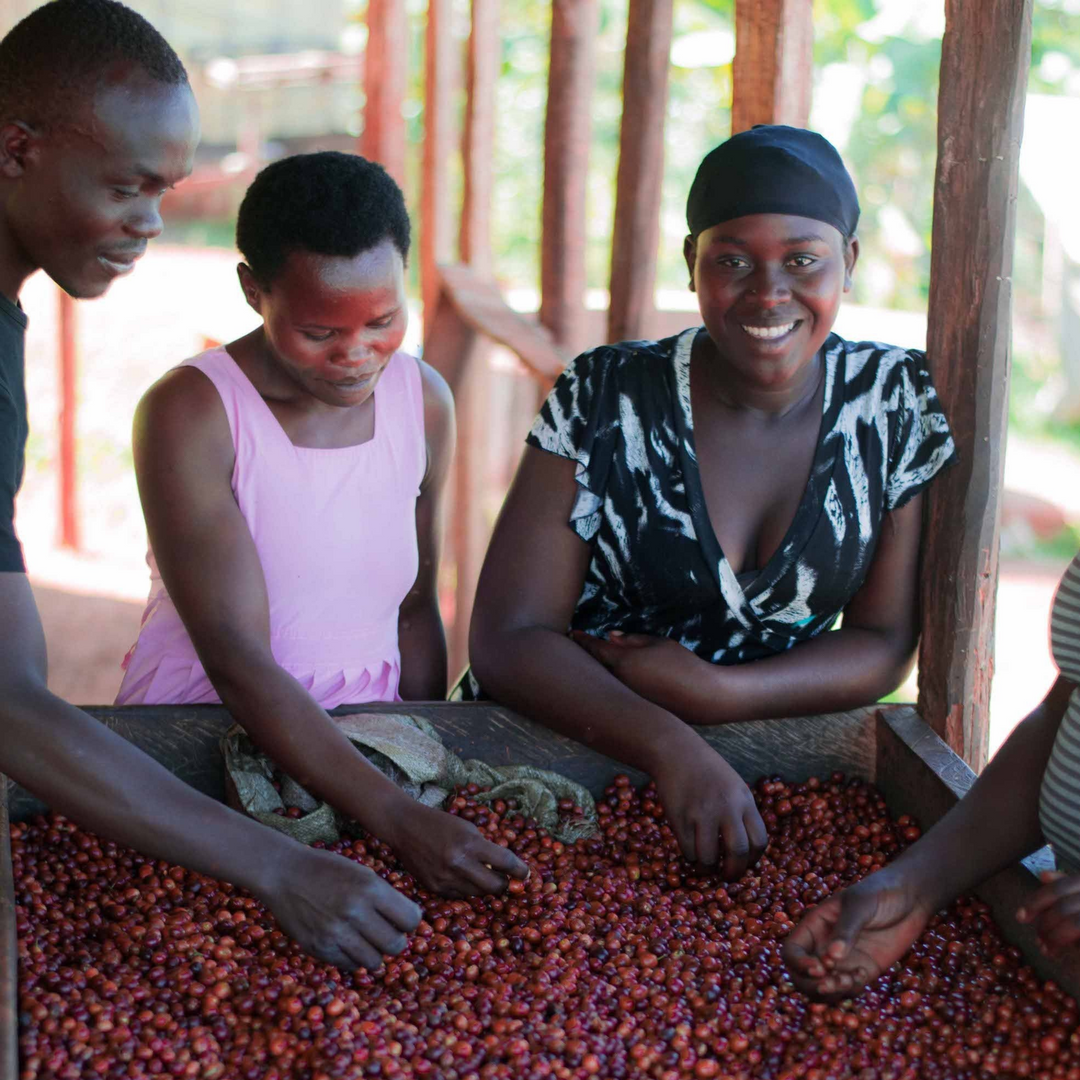Coffee from Kenya / Working with Omwani


We're working with Omwani to bring you this tasty coffee
Om
-Wah
-Nee
/əʊ mɑː niː/
Language: Bukonzo (Ugandan sub-dialect)
Translation: Coffee (Bean)
Founded in 2018, Omwani are a speciality green coffee sourcing partner working across East Africa to connect roasters to farmers and producers. Driven by the desire to strengthen relationships between producers and roasters. They source great coffee at fair prices, with none of the corporate smoke and mirrors.
Poblado Coffi’s relationship with Omwani
It all started when Steff (Poblado coffi boss) and Dave (omwani’s head of coffee) met online in 2020 during covid. With a passion for coffee and experience in the coffee business, their relationship flourished from the get go!
At the time Dave was working for Rounton and both had been working with Agri Evolve. Agri Evolve is a profit for purpose working with farmers across the Rwenzori region of Uganda to improve overall coffee quality and farmer income. Steff and Dave decided to visit the Rwenzori’s at the end of 2022, albeit a flying visit they had an amazing time. The Rwenzori are a range of mountains in eastern equatorial Africa, located on the border between Uganda and the Democratic Republic of the Congo.

 Steff and Dave in Uganda
Steff and Dave in Uganda
Roll onto 2023, Dave is head of coffee at Omwani and Steff has passed the sales baton onto Larry (Poblado Coffi Chief Coffee Roaster).
They have some amazing coffee’s to offer. We’ve sampled a lot and it’s always hard to choose on the cupping table which we prefer.
A coffee from Kenya is our latest coffee through Omwani, we've had coffee in from this country once before, so we thought we'd talk a bit about the history of the coffee trade in Kenya.
Read on to find out more..
Coffee Trade in Kenya
The coffee trade in Kenya has seen a lot of corruption and mistreatment over the years to cooperatives and producers. The whole process is controlled through permits that allow companies to operate at different steps of the supply chain, such as milling, marketing, farm management, and export. It should mean that companies only operate in one of these steps but large trading companies found loopholes to vertically integrate and profiteer. Small cooperatives would contract agents to represent their coffee at these auctions but they'd be connected to these large multinational traders and instead of trying to get the best prices for the producers, they would get prices that would favour the multinational traders.
This has been going on for a while, and the Kenya coffee sector has been critised for allowing this to happen. It’s meant that small producers have been prevented from making direct sales, which has led to unsustainable pricing and a lack of power to change anything. In June 2023, during a Coffee Stakeholder Conference, the governor of Embu County called out the companies that have dominated the coffee trade through price control and exploitative strategies, calling it a cartel.
Most of coffee from central Kenya is sold via auction. Currently, there are two coffee marketing systems in Kenya. Coffee is bought by the licensed coffee dealers through competitive bidding. Auctions are conducted every Tuesday of the week throughout the year. This means that the coffee trade in Kenya is controlled all the way through the supply chain, improving the transparency and traceability. But this still means that small coffee producers still struggle to get recognised or have the power to voice concerns.
Whats different about LOT 22 Kenya Nandi County?
Kericho county has a long history of Coffee. In fact, the Kipkelion and Fort Tenan regions actually boast some of the first coffee farms in Kenya, which were originally planted by foreign settlers.
Despite this, Kericho county (and by extension Bomet) are not as known for producing coffee as central Kenya. This is partially due to the fact that central Kenya’s coffee gets sold in bulk by large exporters through the national auctioning system, and also because the farmers from Kericho and Bomet counties generally work within under-managed cooperatives that coffee dealers like to take advantage of for cheap prices.
Lot 20’s work in the region has been to try and organise Kericho and Bomet farmers into properly functioning entities that process and sell coffee on their own, without the assistance of middle men or the auction system.
Alongside this, Lot 20 has established a nursery in their mill in Sossiot. Their goal is to donate 50,000 plants to the local community, in the hopes that this will create the opportunity for locals to grow and sell their own crop. By providing free seedlings Lot 20 are aiming to encourage a younger generation of coffee farmers who are more open to breaking old notions associated with coffee farming, hoping that they see it as a respectable and sustainable form of employment. Likewise, Lot 20’s presence in the community already generates jobs in areas adjacent to coffee farming, such as the many seasonal jobs in coffee picking that provide secondary incomes to local families.





